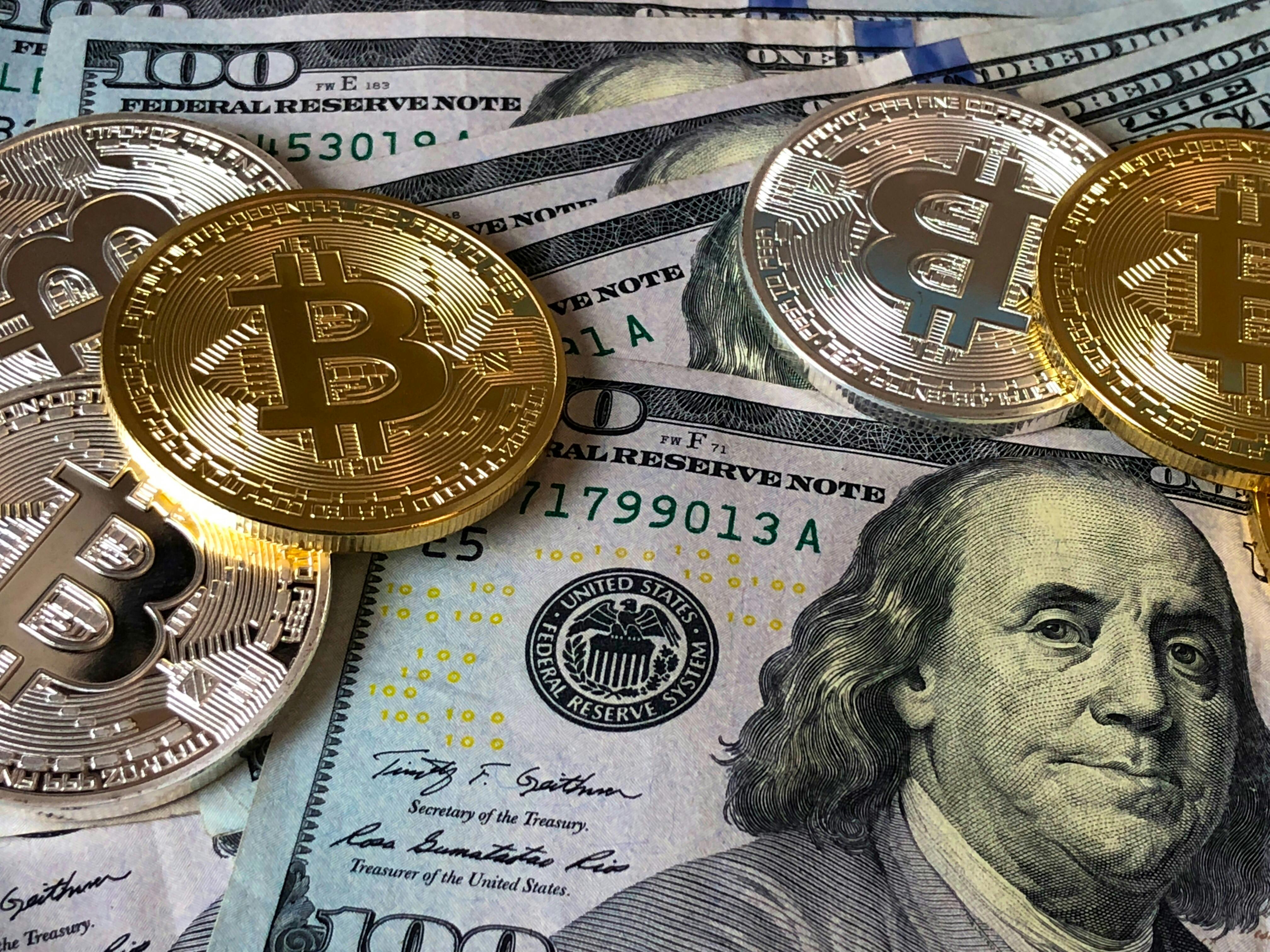On April 23, 2025, at its Annual Meeting, The Goldman Sachs Group, Inc. (NYSE: GS) secured shareholder approval for its Amended and Restated Stock Incentive Plan (2025 SIP), extending the equity program through the 2029 annual meeting and modernizing administrative provisions. Shareholders also approved the "Say on Pay" advisory vote for executive compensation.
All 14 nominated directors were re-elected for another one-year term, and PricewaterhouseCoopers LLP was ratified as the independent auditor for fiscal year 2025.
However, three shareholder proposals were rejected:
Linking DEI goals to executive compensation,
Conducting a racial discrimination audit, and
Disclosing the energy supply financing ratio, which would detail fossil fuel vs. renewable energy funding.
The votes indicate continued shareholder support for management and existing governance practices, while highlighting resistance to certain ESG-related proposals.






